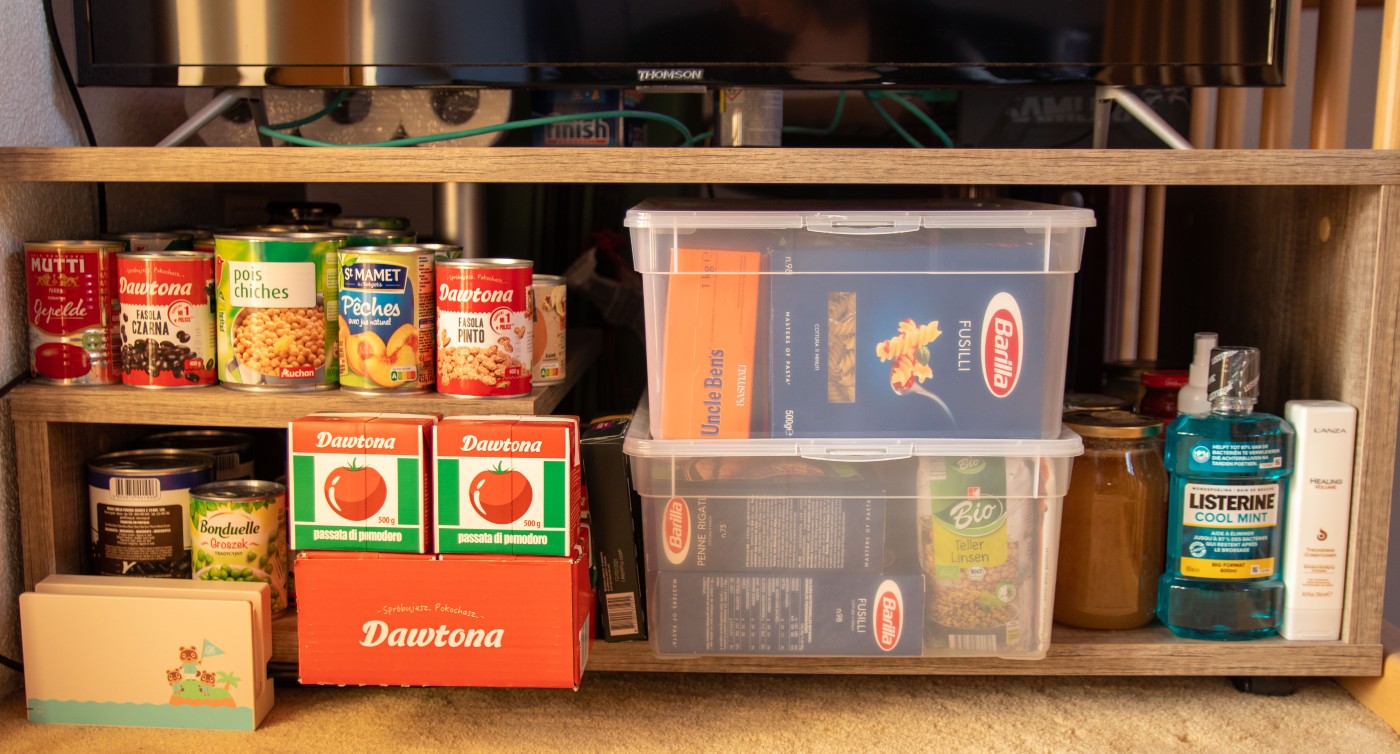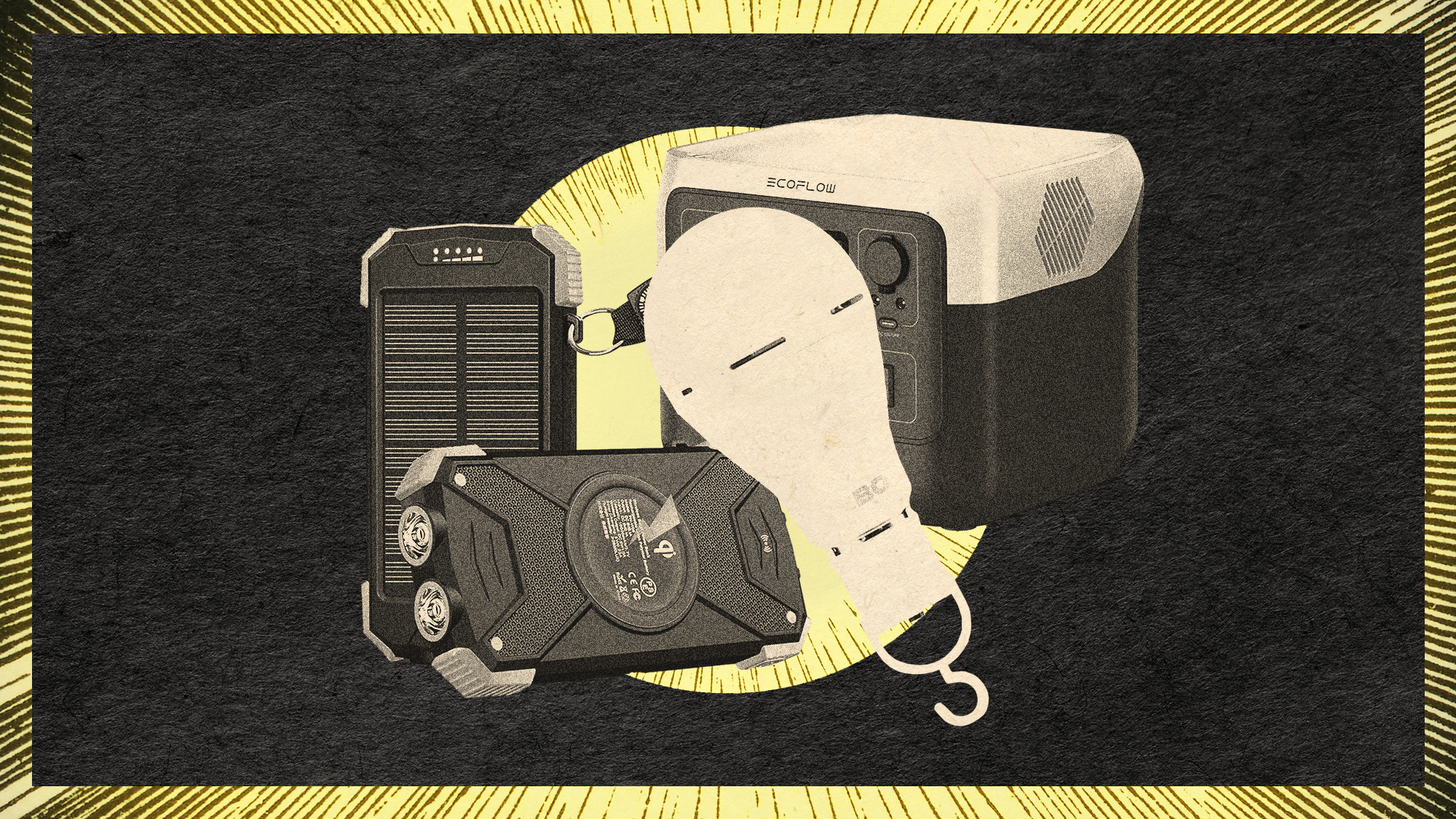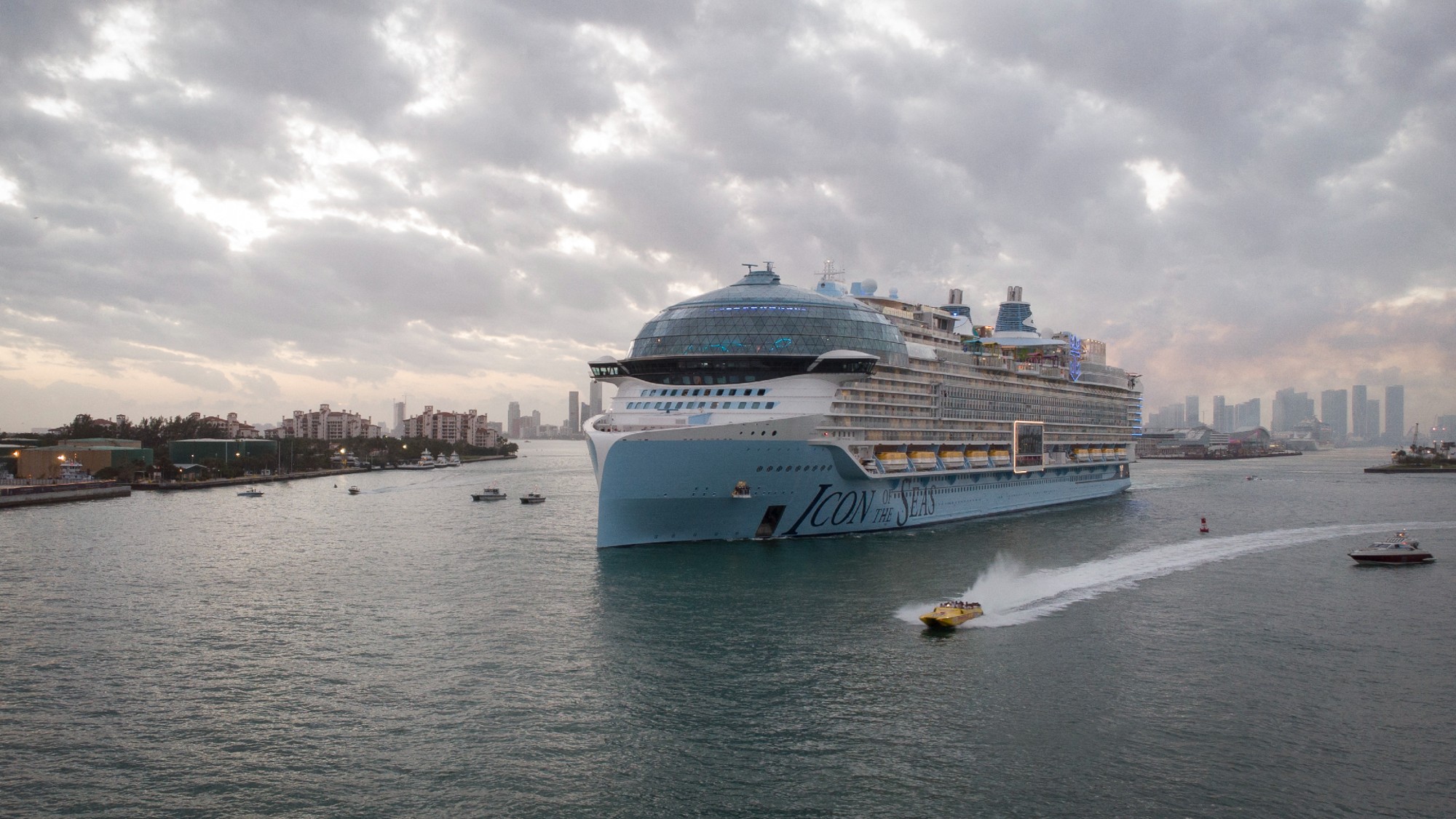Gas masks and loo rolls: why 'preppers' are on the rise
Doomsday community has expanded from 'Rambo wannabes' to 'Tesco regulars'

A free daily email with the biggest news stories of the day – and the best features from TheWeek.com
You are now subscribed
Your newsletter sign-up was successful
After the government advised households to have enough supplies for at least three days in case of a national emergency, attention has turned to people whose doomsday preparations are a way of life.
Previously thought of as the preserve of conspiracy-touting extremists, being "ready for an existential threat has entered the mainstream", said The Telegraph, and "we're all preppers now", said The Critic.
What is a 'prepper'?
Defined by the phrase "hope for the best, prepare for the worst", preppers are people who get ready for worst-case scenarios by stockpiling goods or developing new survival skills.
The Week
Escape your echo chamber. Get the facts behind the news, plus analysis from multiple perspectives.

Sign up for The Week's Free Newsletters
From our morning news briefing to a weekly Good News Newsletter, get the best of The Week delivered directly to your inbox.
From our morning news briefing to a weekly Good News Newsletter, get the best of The Week delivered directly to your inbox.
The movement started in the US, where there are "whole communities" of "off-grid disaster-ready preppers" with guns and armour-plated "apocalypse vehicles", said The Times.
But it has spread worldwide and is growing in popularity in Britain. Preppers Shop UK, the nation's "number one preppers' quartermaster's store", sells "freeze-dried larder stock, industrial amounts of loo paper and rabbit-slaying crossbows".
It also offers "bug out bags" (essentially goodie bags packed with survival tools), gas masks, biohazard suits, decontamination apparel and "virus control" overalls.
Why is there a rise in peppers?
Preppers have been seen as paranoid male outcasts, with the occasional super-rich celeb, such as Kim Kardashian and Mark Zuckerberg, adding some luxury-bunkered glitter to the mix.
A free daily email with the biggest news stories of the day – and the best features from TheWeek.com
But the Covid pandemic has "normalised" prepping behaviours, Lincoln Miles, the proprietor of Preppers Shop UK, told The Times. "Nowadays preppers are just regular-looking, sensible people who you might pass in the aisles at Tesco," and "more women" are taking an interest.
Speaking to MailOnline, Justin Jones, from the UK Prepping Shop in London, agreed. The "Rambo wannabees are long gone", he said. "We now supply doctors, nurses, teachers, business leaders – even elderly ladies who remember what rationing was like."
Polly Tucker, general manager of Preppers Shop in Cornwall, has noticed the trend. Preppers are now "people making sure that if the supermarkets are closed, or the electricity goes out or there's no fuel", they can "look after themselves and their families, keep warm, have something to eat and survive", she told The Telegraph.
The demography of preppers is shifting in the US, too, said NBC News. As the number doubled in size since 2017 to about 20 million, "much of that growth is from minorities and people considered left-of-centre politically". Their "sense of insecurity" was "heightened" by Donald Trump's rise to power, the pandemic, extreme weather and the 2020 protests following the murder of George Floyd.
At the Survival & Prepper Show in Boulder County, Colorado, as well as "bearded white men" with "closely cropped hair and heavily tattooed arms", there were "hippy moms carrying babies in rainbow coloured slings" and Latino families.
The popularity of the event "reflected the concerns of millions of Americans" who "no longer feel that they can always count on the government or private industry to provide the basics, like electricity, water and food".
According to a survey tied to the launch this week of the UK government campaign Prepare, just 15% of people have an emergency supply kit in their homes. So if you are interested in preparing for the worst, experts say the key gear to invest in includes water purification tablets, portable generators, gas masks, axes and wind-up radios.
Chas Newkey-Burden has been part of The Week Digital team for more than a decade and a journalist for 25 years, starting out on the irreverent football weekly 90 Minutes, before moving to lifestyle magazines Loaded and Attitude. He was a columnist for The Big Issue and landed a world exclusive with David Beckham that became the weekly magazine’s bestselling issue. He now writes regularly for The Guardian, The Telegraph, The Independent, Metro, FourFourTwo and the i new site. He is also the author of a number of non-fiction books.
-
 Local elections 2026: where are they and who is expected to win?
Local elections 2026: where are they and who is expected to win?The Explainer Labour is braced for heavy losses and U-turn on postponing some council elections hasn’t helped the party’s prospects
-
 6 of the world’s most accessible destinations
6 of the world’s most accessible destinationsThe Week Recommends Experience all of Berlin, Singapore and Sydney
-
 How the FCC’s ‘equal time’ rule works
How the FCC’s ‘equal time’ rule worksIn the Spotlight The law is at the heart of the Colbert-CBS conflict
-
 Book reviews: ‘We the People: A History of the U.S. Constitution’ and ‘Will There Ever Be Another You’
Book reviews: ‘We the People: A History of the U.S. Constitution’ and ‘Will There Ever Be Another You’Feature The many attempts to amend the U.S. Constitution and Patricia Lockwood’s struggle with long Covid
-
 Why Irish traditional music is having a moment
Why Irish traditional music is having a momentIn The Spotlight Frustrations with isolation and technology credited for reviving 'auld' trad tunes
-
 How to travel in the wake of a natural disaster
How to travel in the wake of a natural disasterThe Week Recommends Stay safe while being respectful
-
 5 helpful items to have at the ready when the power goes out
5 helpful items to have at the ready when the power goes outThe Week Recommends Be prepared so you can stay plugged in
-
 Titan submersible inquiry reveals safety lessons for the future
Titan submersible inquiry reveals safety lessons for the futureIn the Spotlight The submersible imploded in June 2023, killing all five people aboard
-
 Despite the pandemic and environmental alarm, the cruise industry is soaring
Despite the pandemic and environmental alarm, the cruise industry is soaringIn the Spotlight Royal Caribbean, Carnival and Norwegian all went into 2024 with record high bookings
-
 A not-so-quiet place: Why is no one using headphones in public anymore?
A not-so-quiet place: Why is no one using headphones in public anymore?Under the Radar People are increasingly comfortable with both speakerphone and watching videos (very) out loud
-
 Breathtaking: the Covid drama that may make you scream
Breathtaking: the Covid drama that may make you screamThe Week Recommends ITV three-parter is a 'tour de force' that exposes 'political complacency'